INTERVIEW BY MARIA PASSANNANTE-DERR | Cuban-born Ahmed Alom will make his debut as conductor for the Washington Square Music Festival Chamber Ensemble at its June 13 program.
Raised in Havana by his mother, Alom entered the conservatory in Cuba, at 8 years old, to formally study percussion. At the conservatory, he was immediately recognized as a piano prodigy and thereafter transferred to the piano program. Now, at the age of 25, he is a virtuoso pianist, jazz musician, composer, educator and conductor.
He just released an album, “Exilio” (“Exile”), a powerful work that depicts Alom’s deep connection with and musical interpretation of works of composers who were exiled from their country in some way, politically or physically (such as by leprosy). His wife, mezzo-soprano Rosario Armas, performs with him on “Exilio.”
Maria Passannante-Derr: What is your cultural background?
Ahmed Alom: Here in New York, everyone thinks I have an Arab background. Like most Cubans, my cultural background is a “melting pot.” One side of my family comes from the south of Spain (which was conquered by the Moors for 800 years), as well as descendants of African slaves who were brought to Cuba to work on the sugar plantations. My maternal side of my family are light-skinned northern Spanish, historically with a Norse influence.
MP-D: My understanding is that, in Cuba, a musician of any genre is first required to study classical piano at the conservatory. Was that your experience?
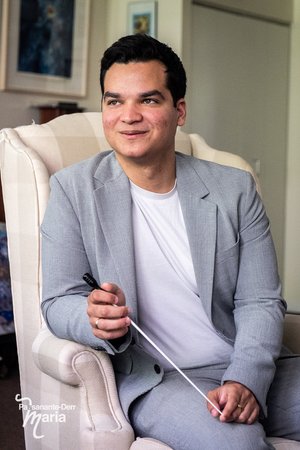
AA: My first music lessons were not on an instrument but in a weekly sight reading, singing and music interpretation class for gifted children that was organized by a piano instructor.
For me, the notes were the new language. I was given a book of songs and I would just read the book and sing. It was a wonderful experience for me as a child. I also listened to my mother’s records and went to the movies. I was able to recreate the pitch and character of the music on the records and movie scores “by ear.”
MP-D: Do you have perfect pitch?
AA: Yes.
MP-D: When did you enter the conservatory?
AA: I went to the conservatory as a percussion player when I was 8 years old. Elementary piano is required for all students. Once they realized that I had a talent for piano and I could learn extremely fast, I was transferred to piano studies. It took me countless hours of practice because I was two years behind the other piano students who entered the conservatory earlier at 5 to 6 years old. I had to catch up and develop my own technique.
MP-D: What age were you when you switched from percussion to piano?
AA: I was 10 years old. But, like all non-piano students, I was required to study elementary piano for one year. My education was extremely solid and rigid, so I was able to really practice.
MP-D: You received a scholarship to the Manhattan School of Music?
AA: I developed very fast as a pianist in Cuba. My first competition was an online competition that took place in New York when I was 11 years old. I won a prize. I was a big hit in Cuba, and I received a lot of encouragement to seriously continue classic piano studies. At the same time, I was introduced to and became obsessed with jazz.
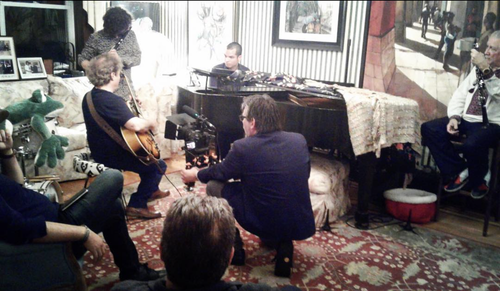
I played in a jazz band when I was 11 years old with many students who are still friends and colleagues in New York today. We were the first school ensemble that played and won “battle of the bands” in jazz music. As a result, when I was 13 years old, I was in a student musician exchange in Halifax, Canada, to play in a jazz festival.
After that I won first prize in a competition in Costa Rica and moved to Mexico for two years to live with my father and study seriously. I then returned to Havana to prepare to apply to the Manhattan School of Music, where I was accepted.
MP-D: You entered the Manhattan School of Music as a student at age 18?
AA: I had a lot of support here from friends and the Cuban community in Manhattan and Union City, New Jersey. It was my second home. My uncle is a filmmaker and a photographer, and he had many friends in the fields of painting, photography and the arts, so I was quickly assimilated into the arts community.
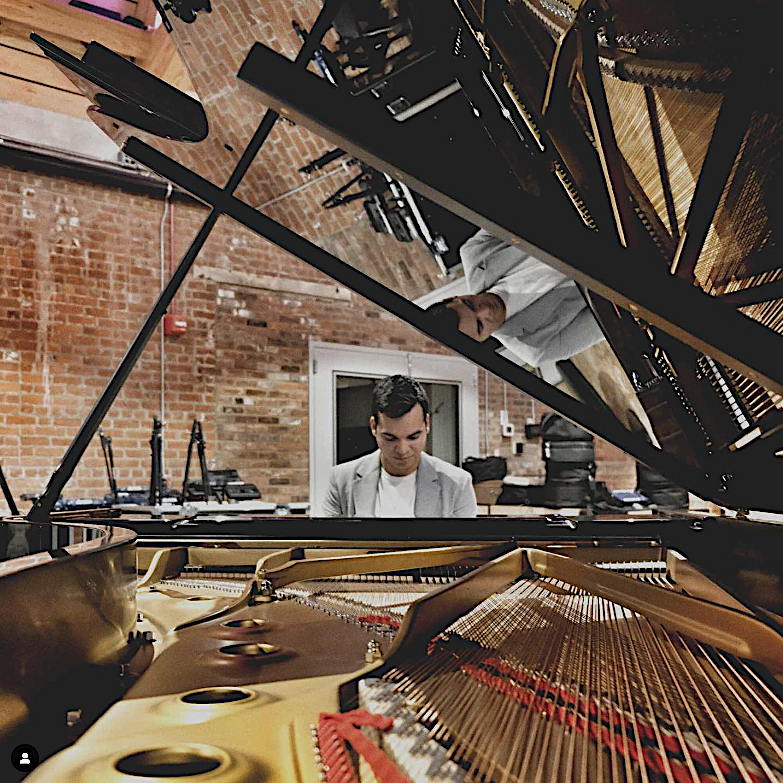
When I came here, I studied with Doctor Solomon Mikowsky, for four years. That was a great experience. He is the type of teacher who will encourage students to go to any kind of concert and try to perform in any style of music that will be helpful to a student’s education.
I like to perform jazz, but I always had problems with teachers because they wanted me just to focus on my classical studies. Even though the Manhattan School gave me a scholarship, I had to find other ways to support myself. I started to play in clubs, concerts and restaurants. My teacher told me that “as long as you play well in my class and your repertoire, you can do whatever you want. It is always an added value to your knowledge in music, so I don’t see why you shouldn’t perform other than a classical repertoire.”
MP-D: Lutz Rath, the Washington Square Music Festival’s artistic director, as usual, has created a diverse program for your June 13 debut as conductor. You are already friends and a musical colleague with many of the members of the Washington Square Musical Festival Chamber Ensemble, such as Grammy winner Pedro Giraudo, who has played in prior WSMF programs.
AA: Pedro Giraudo, is playing double bass at the June 20 concert. I met him and have been playing with him since my freshman year at Manhattan School of Music. We met playing at a salsa concert. He is a fascinating composer — to me, one of the best.
MP-D: What will it be like to conduct him on the 20th at the WSMF?
AA: It will be fun. I’m not worried. I think it’s great because he’s a musician that I have known for at least six years. It is going to be really fun. I play his music a lot in his tango quartet, and we tour and perform all over.
MP-D: You already know many of these musicians you will be conducting?
AA: Yes and because they are experienced and accomplished, they just pick up their instruments and play because they know the music.
MP-D: As a conductor, how do you lead the ensemble through your interpretation? How do you instill trust in them that you’re bringing them creatively into a good place, your place, musically?
AA: It is a duality. We speak about the music. We speak about life. I share my interpretation, but I am open to many of their suggestions, and I offer many things that can help their performance. I already know many of the musicians that I will be conducting, and they know me also as a conductor and performer.
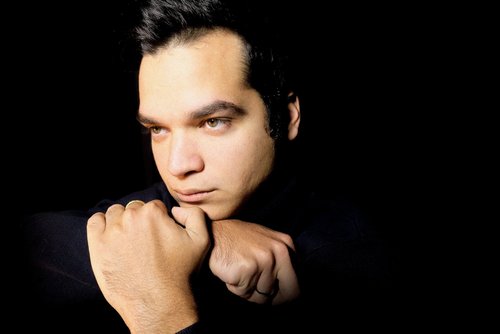
It is not like being a lifelong conductor of an orchestra, but there is a point where they understand you and you understand them and there’s no need to say anything because you already have a way to communicate. Famous conductors, at some point, stop beating with the baton and stand back and listen to everyone playing so beautifully because it’s a moment of complete understanding.
This is going to be the first time I am conducting at the Washington Square Music Festival. Even though we know each other, we’re going through the process of conveying “interpretation.” In general, I let the musicians play and the music needs to flow. I think it’s going to be a great experience.
MP-D: How many musicians are playing in the ensemble?
AA: Not many, 13 musicians. It’s a small, intimate group, not like an extremely big orchestra. The function of a conductor changes depending on the size of the group, an extremely big orchestra versus a chamber ensemble, which is special because the connection between the musicians and myself will be even greater.
MP-D: Your Web site states that you are a musician, arranger and educator. How did you become a conductor?
AA: I would conduct from my piano when performing piano because I have to listen at all times and to everything surrounding me. I have conducted a lot of chamber music performances and it went well.
Many of the performances where I will play piano or perform, for example, with an eight-piece Cuban band, together with an orchestra, I would end up conducting the Cuban band at some point, not formally conducting but to some degree, so it was compatible with the orchestra.
MP-D: The Ballet Hispanico was the unexpected circumstance that started your career as a conductor.
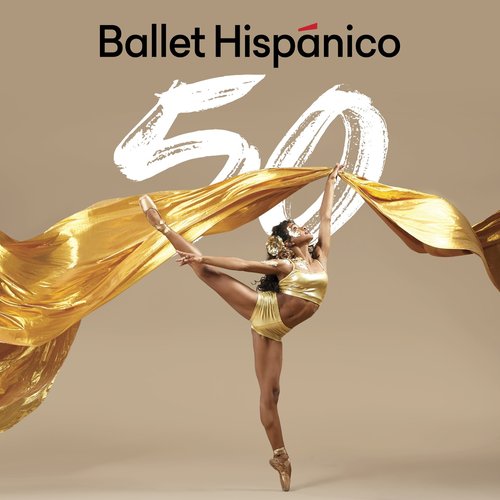
AA: Yes, the moment where everything came together was the Ballet Hispanico of New York. It was a new commission of the ballet about Eva Peron, the first lady of Argentina, with a new score written by Peter Salem, an English composer. They had a conductor scheduled who, for some reason, couldn’t make the performance, so they asked me to conduct. It’s a great piece with a “tango” influence and we had great success. We performed at the Kennedy Center and the New York City Center. It has had great success. We had a review by The New York Times. All because the conductor couldn’t show up. I felt very comfortable conducting. It was already a part of my classical training.
MP-D: What is your approach?
AA: You need to be practical and very smart about what to focus on. You need to hear everything as a whole but at the same time in parts. You have a goal in mind, but you must approach it in small steps and make the musicians feel that they have the freedom to play, and they are comfortable playing.
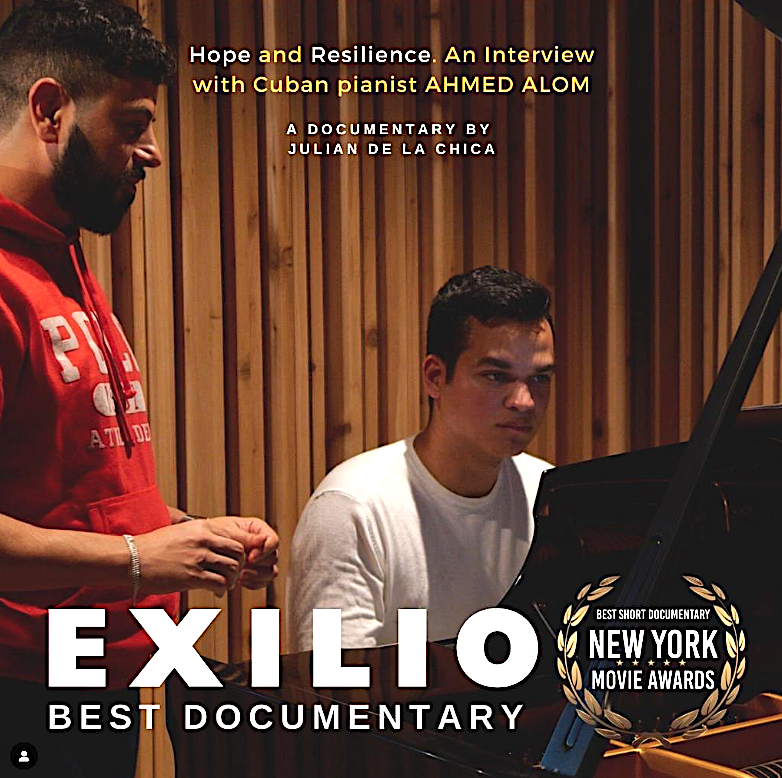
Some conductors are minimalists and don’t need to say a word because every slight movement has a function. If you want the musicians to pay more attention, you conduct less. If you want their full attention on a very important part, you don’t move that much because they will be more focused on your move. Ideally, it would be that without talking, if you’re able to bring the emotion or what you want to do with your face or with your gestures because you don’t need to talk.
MP-D: How did you become the conductor for the June 13 WSMF program?
AA: Lutz called me and asked me to conduct. I am so honored. Lutz and I have met on many occasions and are friends. I will always see him at Pedro’s tango quartet concerts. He is always nice and talkative about his cello career and life in general. We are a part of the same circle. He knows that I play jazz and piano. He contacted me to put together an Afro-Latin band and I was super happy.
I’m very honored. I was in a sound check for a performance, and I received three calls from Lutz. When I returned his call, I did not know what to say. I always admire him, and I really love him as a performer and musician and friend, but I didn’t know that he thought so highly of me, so his request was a surprise. Again, I am really honored. He is not only an eclectic musician, but he’s also a daring musician. He is always trying to create.
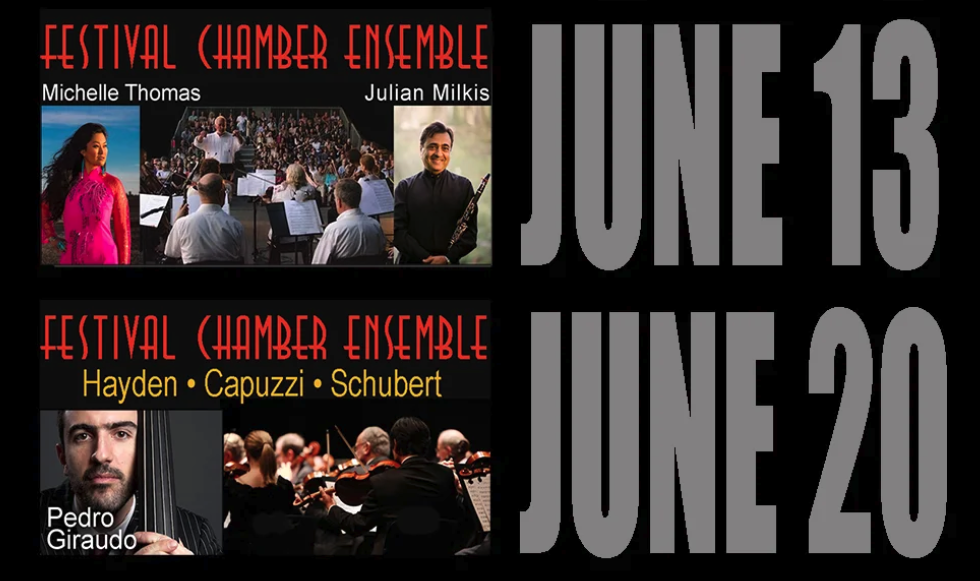
MP-D: The June 13 concert created by Lutz is musically diverse with different genres of music.
AA: Yes, first I will conduct “Bolero,” a piece that I found really appealing as a starter in a very diverse program because it has congas and bongos. Then I switch to a syncopated Ragtime Concerto for Clarinet and finish the program with Boccherini’s Symphony in D Major, perhaps chosen by Lutz (an accomplished cellist) because of the composition’s extensive use of the violas and cellos. I am looking forward to this experience and meeting the community.
Passannante-Derr is a board member of the Washington Square Association.

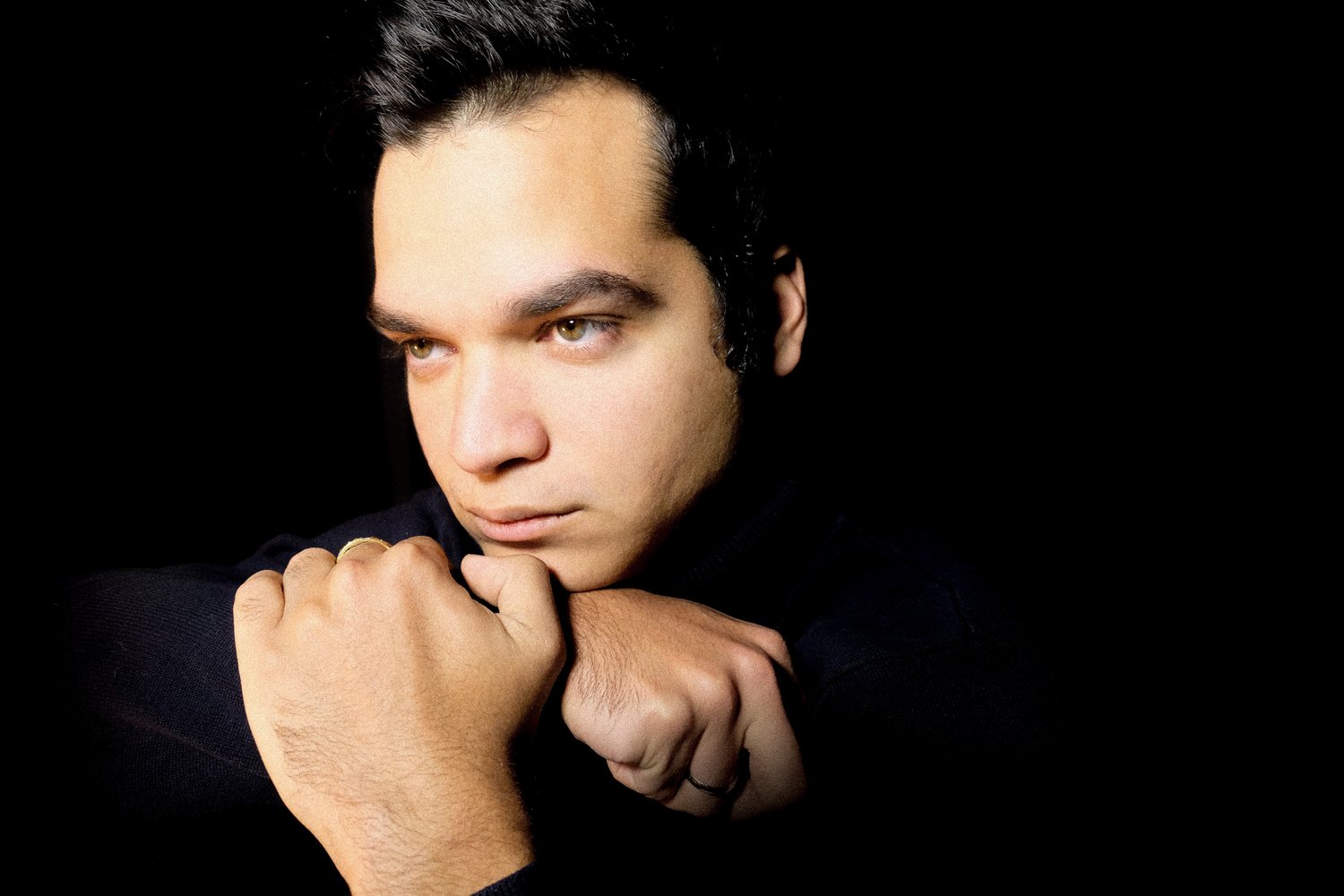
Ahmed Alom represents the Festival’s tradition of offering opportunity to young musical talent. Other notibles: Wynton Marsalis, soprano Marilyn Horne, and flutist Brandon Patrick George. Hooray for free concerts in the Square!